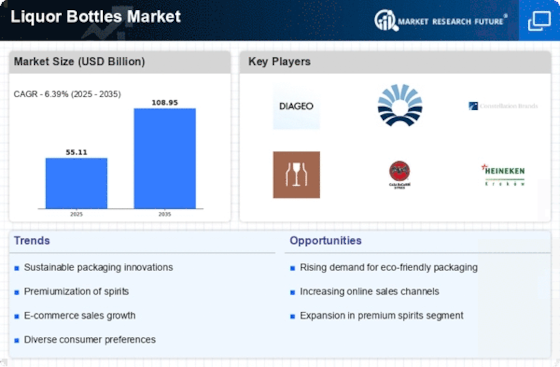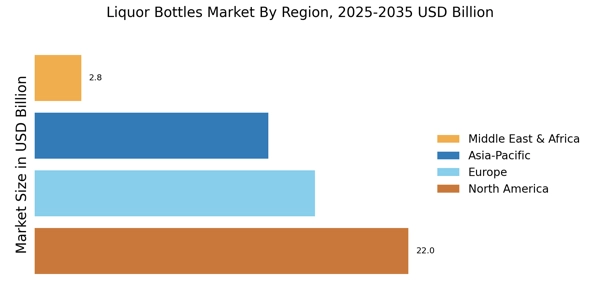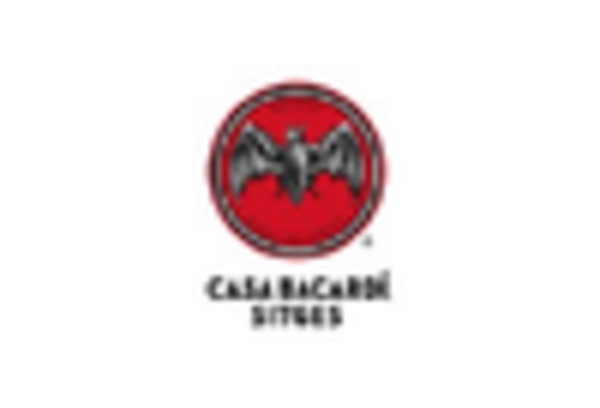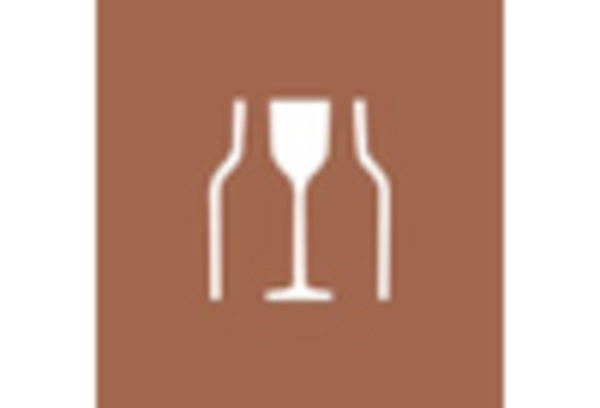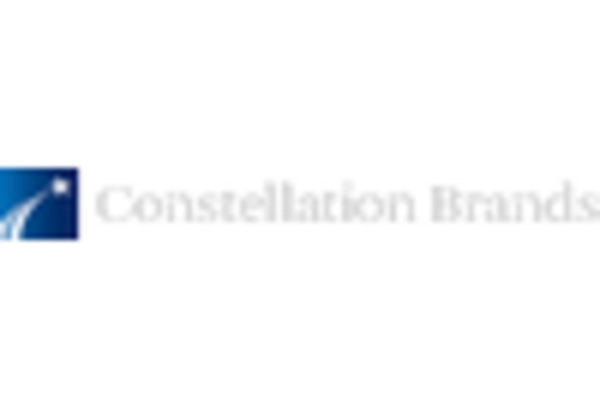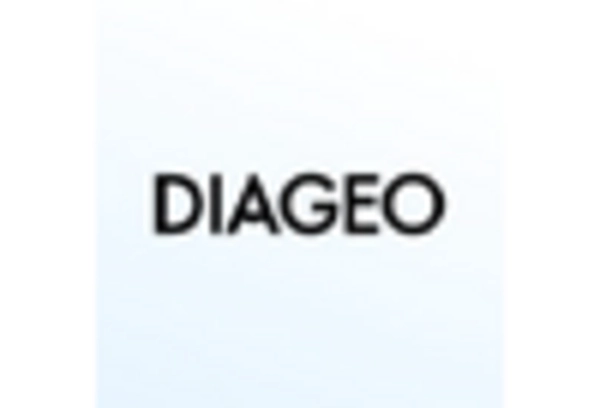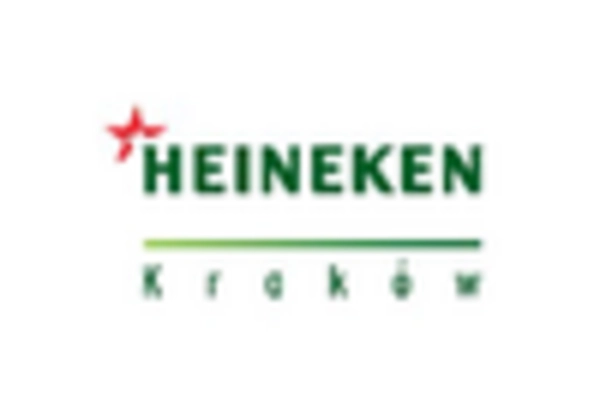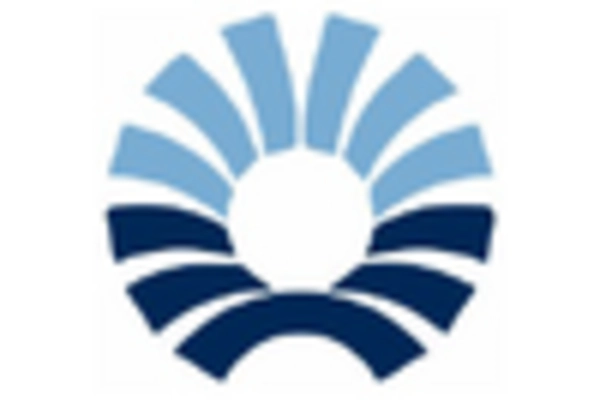E-commerce Growth
The Liquor Bottles Market is witnessing a significant shift towards e-commerce platforms for purchasing alcoholic beverages. With the rise of online shopping, consumers are increasingly opting for the convenience of ordering liquor bottles from the comfort of their homes. Recent statistics indicate that online sales of alcoholic beverages have surged, with e-commerce accounting for nearly 15% of total liquor sales. This trend is compelling manufacturers and retailers to enhance their online presence and optimize packaging for shipping. As a result, the Liquor Bottles Market is likely to see innovations in packaging that ensure product safety during transit while also appealing to the online consumer's aesthetic preferences.
Innovations in Bottle Design
The Liquor Bottles Market is characterized by continuous innovations in bottle design, which play a crucial role in attracting consumers. Unique and eye-catching designs can significantly influence purchasing decisions, as consumers often seek products that stand out on shelves. Recent trends indicate that brands are investing in creative bottle shapes, colors, and labeling to enhance visual appeal. This focus on aesthetics is not merely superficial; it reflects a deeper understanding of consumer behavior and marketing strategies. As competition intensifies, the Liquor Bottles Market is likely to see even more inventive designs that cater to diverse consumer preferences, thereby driving sales.
Rising Demand for Craft Spirits
The Liquor Bottles Market is experiencing a notable increase in the demand for craft spirits. This trend is driven by consumers' growing preference for artisanal and locally produced beverages, which often come in unique and aesthetically pleasing bottles. According to recent data, the craft spirits segment has seen a compound annual growth rate of approximately 20% over the past few years. This surge in popularity is prompting manufacturers to innovate in bottle design and materials, enhancing the overall consumer experience. As craft distilleries proliferate, the Liquor Bottles Market is likely to adapt by offering a wider variety of bottle shapes, sizes, and finishes to cater to this niche market.
Regulatory Changes and Compliance
The Liquor Bottles Market is subject to various regulatory changes that can impact production and distribution. Governments worldwide are implementing stricter regulations regarding labeling, packaging, and alcohol content, which necessitates compliance from manufacturers. These regulations can influence the types of materials used in bottle production, as well as the information presented on labels. Companies that adapt swiftly to these changes may gain a competitive edge in the Liquor Bottles Market. Furthermore, compliance with sustainability regulations is becoming increasingly important, prompting manufacturers to explore eco-friendly materials and practices that align with regulatory expectations.
Health Consciousness Among Consumers
The Liquor Bottles Market is being influenced by a growing trend of health consciousness among consumers. As individuals become more aware of their health and wellness, there is a rising demand for low-calorie and organic alcoholic beverages. This shift is prompting manufacturers to develop products that align with these health trends, which in turn affects the types of bottles used. For instance, lighter and more eco-friendly materials are becoming popular as brands seek to appeal to health-conscious consumers. The Liquor Bottles Market may see an increase in the use of sustainable materials that resonate with this demographic, potentially leading to a transformation in packaging standards.


